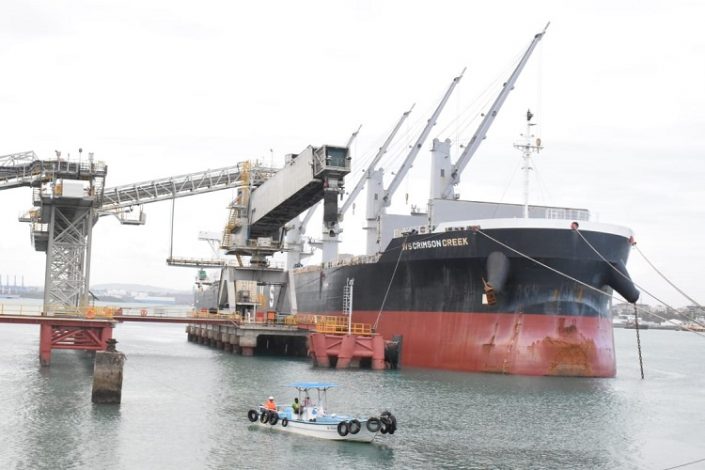Kenya business activity witnessed strong improvement in the health of the private sector according to the latest Markit Stanbic Bank Kenya Purchasing Managers’ Index (PMI) in July.
This was attributed to an even sharper rise in new orders, following another strong increase in demand during the month of June.
Stanbic Bank Kenya PMI decreased to 54.1 in July of 2019 from 54.3 in the previous month. Any reading above 50 indicates growth.
“The rate of growth was above that seen throughout most of the past year, and extended the current sequence of expansion to three months,” reads part of the survey released on Monday. “Many firms reported acquiring new clients over the month, often due to referrals or marketing efforts. Companies also continued to register higher sales from abroad, with the rate of growth sharp but softer than in the previous month.”
For businesses that were surveyed, “…94% of surveyed companies expect output to grow in the next 12 months. Again, this was often due to investment and expansion plans at several firms.”
However, this was slower compared to June ‘as there were signs that some businesses struggled to keep up with demand growth’.
In June, the National Treasury said it would prioritise to pay Ksh10.9 billion shillings owed to its suppliers.
“We don’t think it’s a coincidence that the government has begun releasing some withheld payments during this period that is subsequently boosting business confidence,” said Jibran Qureishi, regional economist for East Africa at Stanbic Bank.
The move was also “further emboldening firms to increase their purchasing activities”, Qureishi said adding that, “It will be paramount for the clearance of private sector arrears to be consistent in order to continue anchoring the private sector.”
Commercial Bank of Africa Analysts, Faith Atiti and Stephanie Kimani report that a combined total of over KSh 100 billion in pending bills have been cleared for payment by the national and country governments, some of which have been paid.
“That said, while spending retrenchment may be an option the limited time for implementation of the President’s legacy Big Four Agenda may limit scope, compelling Treasury to scale up borrowing to plug the gap. Even then, the potential upside for businesses from payments of arrears could bolster overall taxes, to some extent,” they observe.




